Refillables are not new. The Body Shop, founded in 1976 and leading the way in all things sustainable, began offering refillable packaging options for its products in the 1980s. The brand promoted the reuse of its plastic packaging and encouraged customers to bring back their empty containers for refilling. Over the pond, The American institution Kiehls, has been offering refillable packaging for its products for several decades. In the 1970s, the brand introduced its "recycle and be rewarded" program, which encouraged customers to bring back their empty plastic bottles for recycling or refilling. And in France, Yves Rocher, has also been offering refillable packaging options for several decades. The brand introduced its first refillable product, a lipstick, in the 1980s and has since expanded its range of refillable products. These early examples show that the concept of refillable beauty products has been around for several decades but has continued to gain greater momentum in recent years as more brands prioritise sustainability.
But whilst there have been a few leading the way, this has not impacted positively on the huge mountain of plastic waste that continues to be created by the beauty industry. According to a report by Euromonitor International, the personal care industry produced 29.8 million tonnes of packaging waste in 2018, which is expected to reach 40.7 million tonnes by 2030.
A study by the Ellen MacArthur Foundation, the foundation leading the way on educating the world on the benefits of a circular economy, found that the personal care industry is the third-largest contributor to plastic waste, after the packaging and consumer goods industries.
Whilst when we look at our bathroom cabinet packed with various potions and elixirs our intentions have never been stronger. We all want to make changes to our plastic consumption and live more environmentally friendly lives. We want to be walking the in right direction towards reducing packaging and live a more plastic free life. So why aren't we able to do it?
Refillable beauty products makes sense, but it needs to be easy for us to find these products and also just being refillable doesn't mean it's the first choice for many. As we get more conscious about the ingredients within the products we use too also begins to guide us on what is a better choice. Having products that are paraben free, toxin free and synthetic fragrance free is becoming more important too as we navigate what has historically been a confusing landscape and we're all getting so much wiser to what is 'clean' verses greenwashing or 'clean' washing.
Refillable pouches
Refill pouches is a system where you get your products in a larger or in returnable packaging which helps decrease the volume of plastic that is used in packaging.
The benefits of this is that you reduce the volume, sometimes the weight of the package
The drawbacks of this system is that it's still plastic packaging, and often made from 'soft plastics' which means that it very hard to recycle (being that only 9% of all plastics are recycled the likely hood of this being is almost nil)
Diptyque Softening Hand Wash £35

Ouai Fine Hair Shampoo Refill Pouch, £48 for 946ml

Returnable packaging
Returnable packaging is a system where you get your products in packaging that is intended to be returned time and time again, so that you keep the packaging in use for longer. Often you'll be given a 'forever' bottle that you then pour into and then return the packaging as and when you need.
The benefits of this is that the consumer receives product at home, and there is loyalty if they like the offer and it can become seamless return and reuse refill system.
The drawbacks are if it's a refill system that then requires you to return the packaging via post, then you are asking a lot of the consumer, to do this and increasing carbon emissions to get the packaging back to be reused.
Examples of returnable packaging
Haeckles 40% off for a beach clean
Bringing things even closer to the desired result for low waste, gorgeous brand Haeckles has offered 40% off for anyone that cleans a beach and then tags them #haecklesbeachclean. For those who have smaller impacts to make can get 15% off if they have a jar to return to store.
Refill Stations
Refill stations are when you go into a store and bring your glass bottles or containers from home to refill in store from bulk containers. Historically these were often found in health food stores, and recently have had a face lift and are now seen within the beauty industry and in upmarket grocery stores.
The benefits of this system is that you have the bottles in your home and are responsible for the maintenance and cleaning of these yourself. You probably will incorporate this into your daily shop if you are lucky enough to have one of these stores near your home.
The drawbacks is that it's really only beneficial for people that live nearby, or if they have products you genuinely like and use. Choice is often limited and relies again on the consumer bringing the bottles, and carrying them etc which if bulky, can be tricky or discouraging if you don't have a car.
Circular materials
Whilst recycling is often considered the lesser of the three R's (reuse, repair or recycle as the last resort), what you actually put in the recycling bin really determines this. For example, plastics, or even paper have a certain lifespan to the materiality - plastics have a lifespan of around 2x before the plastics lose it's materiality for anything else but polyester for clothing or perhaps the use of garden furniture for public parks. Paper too has a lifespan of around 2-3x before the pulp fibres are too short to be used in paper products.
Metal and glass on the other hand, have what they call an infinitely recyclable lifespan. That is, that when you recycle these products, they lose none of their materiality and can be used over and over again without change. This means that the value of a metal or glass bottle is very high when it comes to recyclability and that's why there has been value added to these materials to be recycled in many countries for many years.
The benefits of metal is that it's the most recyclable material known to humans. It's used throughout the food and drink industry and beginning to make real trends into the cosmetics industry. The aluminium bottle is now seen more regularly with body washes and and brands that are sustainability minded.
The drawback is that metal dents easily, and also doesn't 'squeeze' so for things like shampoo and hand soap, you will need a pump for use. In the US, an estimated 552 million shampoo bottles end up in landfills every year, according to a report by the environmental organisation Zero Waste Week, which means the shift is most definitely needed in this category. (Enter Kankan from stage left)
Shop our favourite beauty brands using circular materials
Stella by Stella McCartney Restore Cream, £85
Stella McCartney truly revolutionized refill games with its launch in January. It is made up mainly of a glass pot which looks wonderfully aesthetic, and is also accompanied by an easy pump. This formulation is packaged in lightweight sacks (recyclable, too!). Simply remove the lid from the pump and screw the pump back into the glass jar. The best thing is that the lid keeps you away while you travel, and it keeps it close to you.

Kankan New Leaf Body Cleanser Starter kit, £29, & New Leaf Refill Can, £20
Kankan. The name says it all. Cans are infinitely recyclable and the new innovation with the reusable pump means no messy refilling and a simple solution that looks as good as the products feel. The new upgraded all-natural scents have been designed to tell the story of the plants lifecycle and they all are designed specifically to support well-being. Body cleanser and hand wash today and hair care and body moisturisers to follow in the summer.

Kjaer Weis Cream Blush, £41, & Cream Blush Refill, £24
The true pioneering force behind sustainability is Kjaer Weiss. They even sell refills for all their mascaras. It's hard to resist the buttery cream blush available in several hues. Sweep the creamy cream through your fingers on cheeks and then pull off the silver compact, replacing your refill. The eco-warrior medal has been officially awarded by Kjaers Weis. Weis is not a member of this team but is just a remembrance.


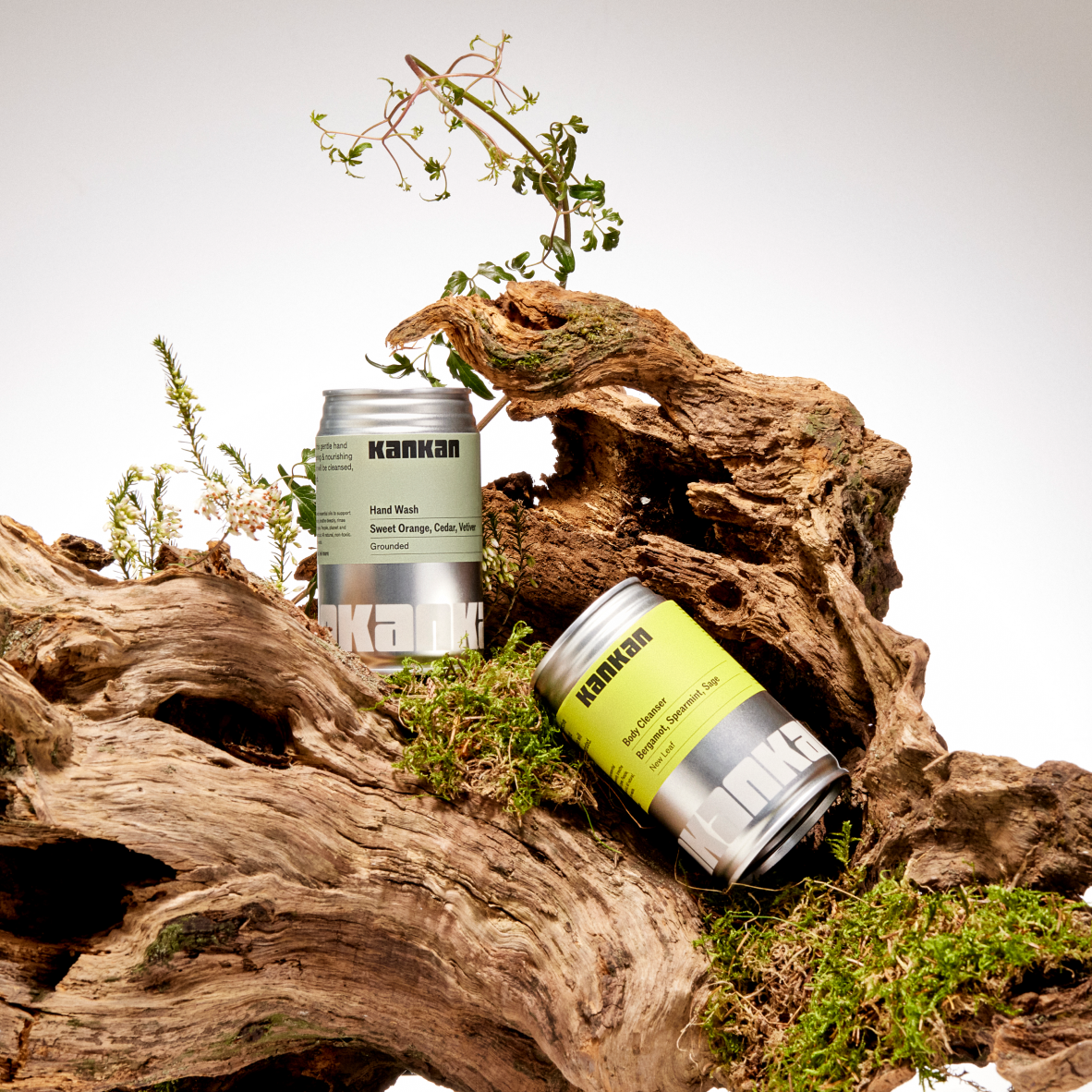
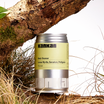
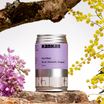
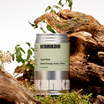
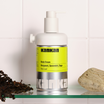
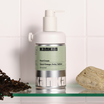
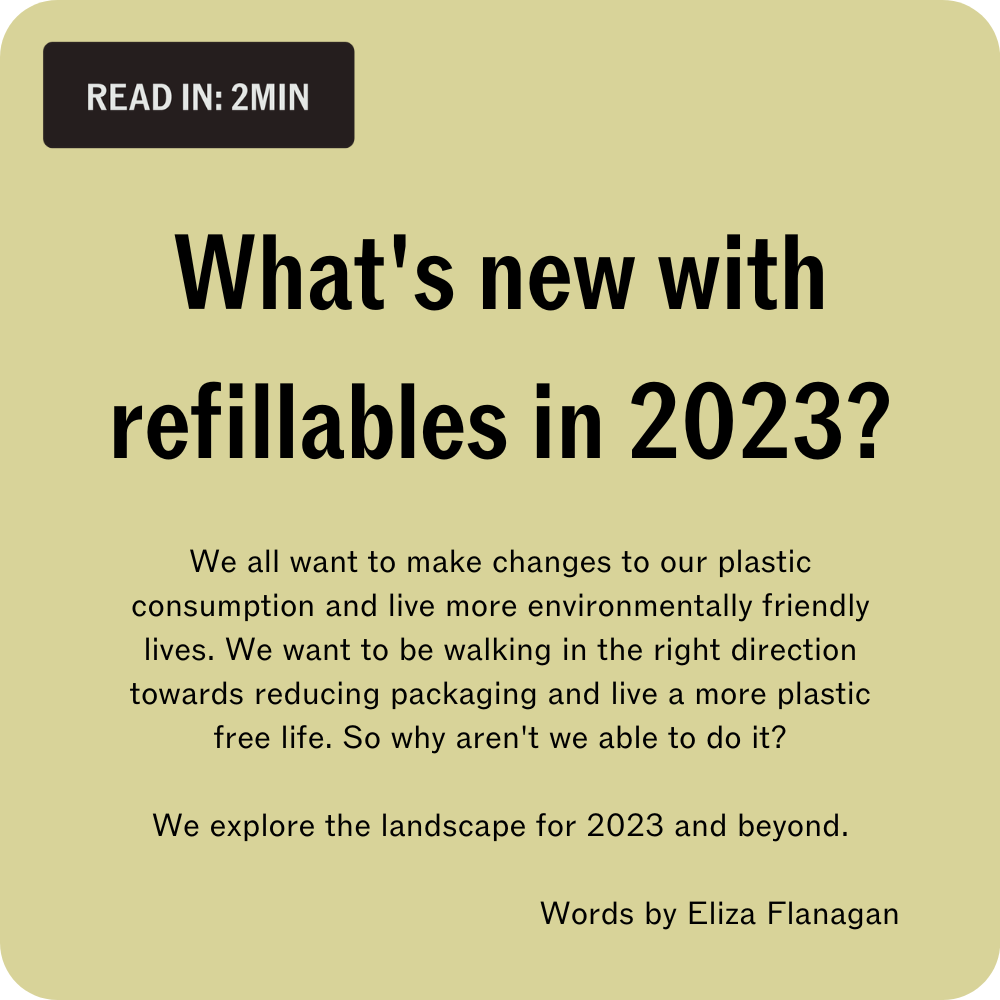
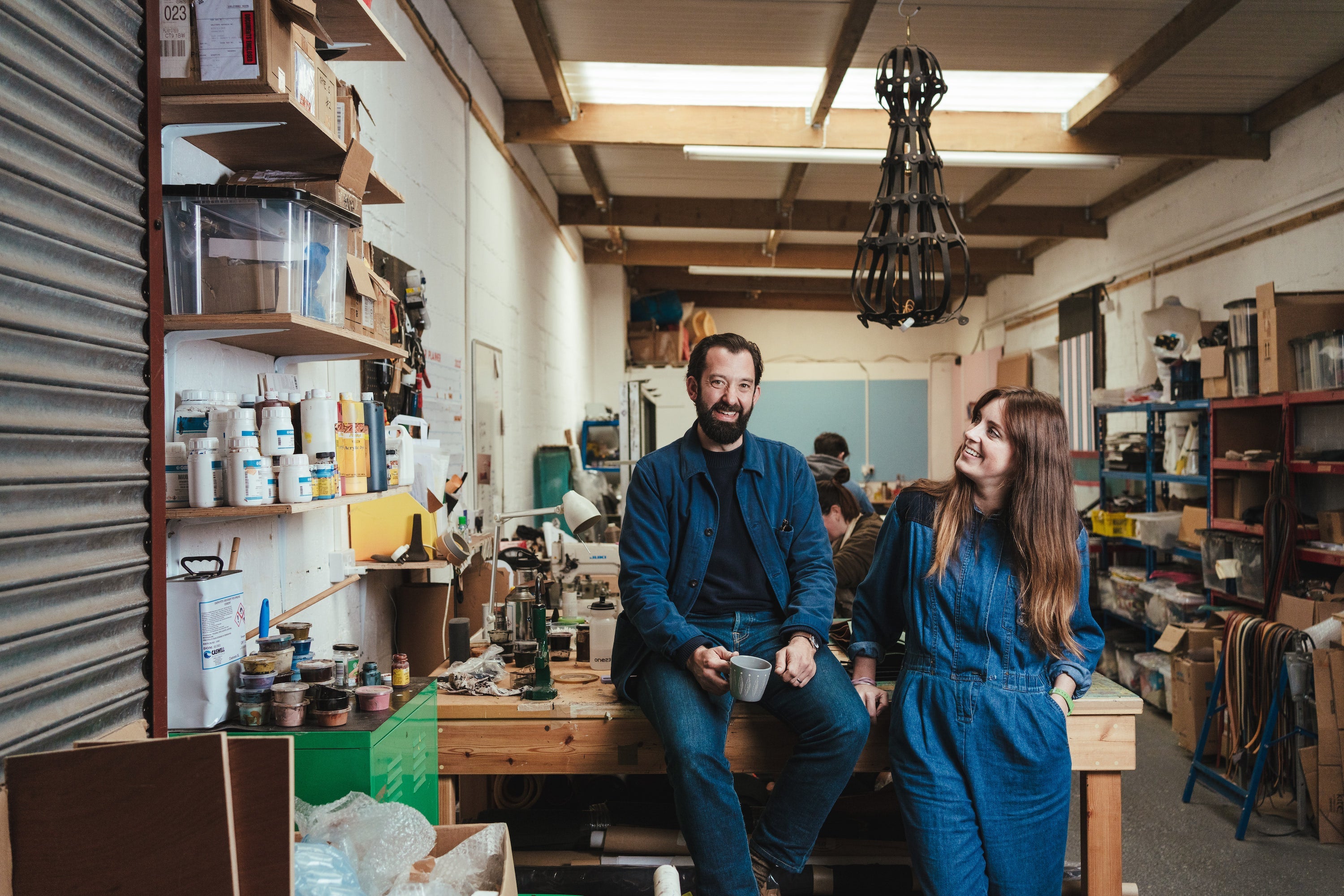
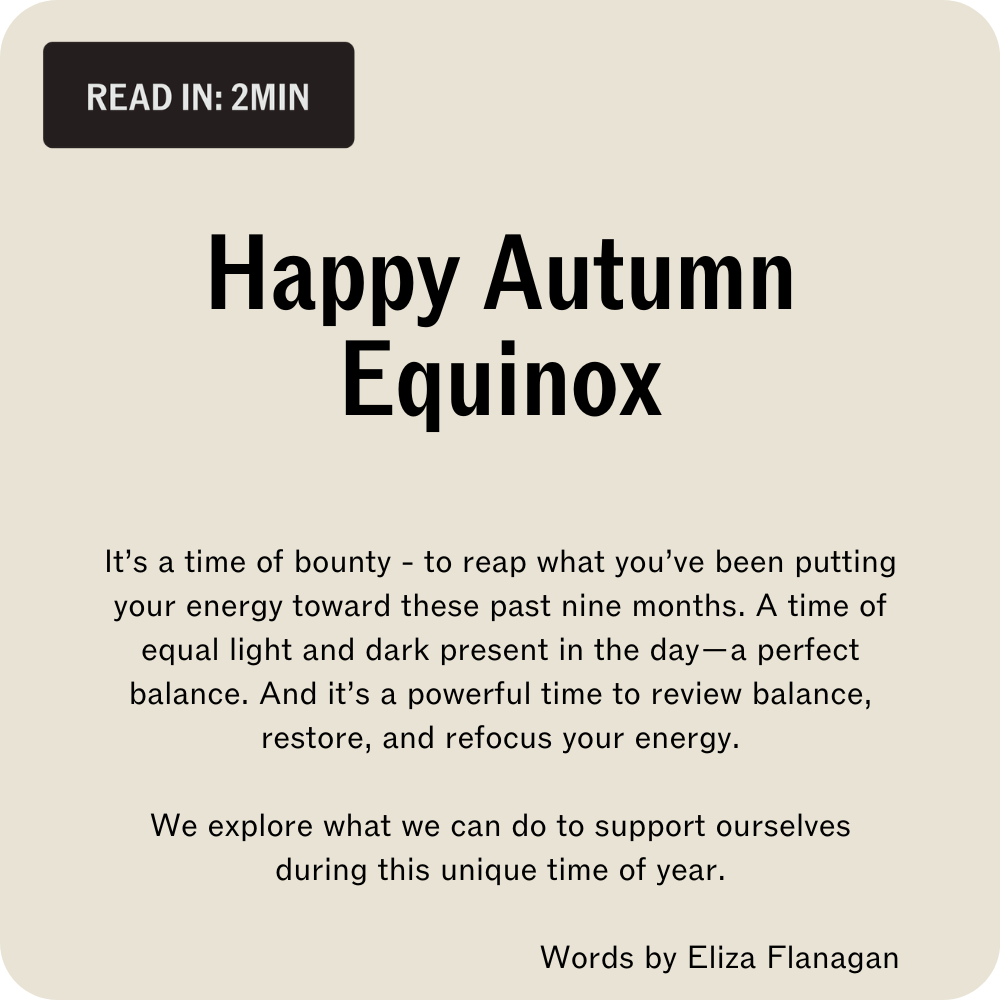
Leave a comment
This site is protected by hCaptcha and the hCaptcha Privacy Policy and Terms of Service apply.